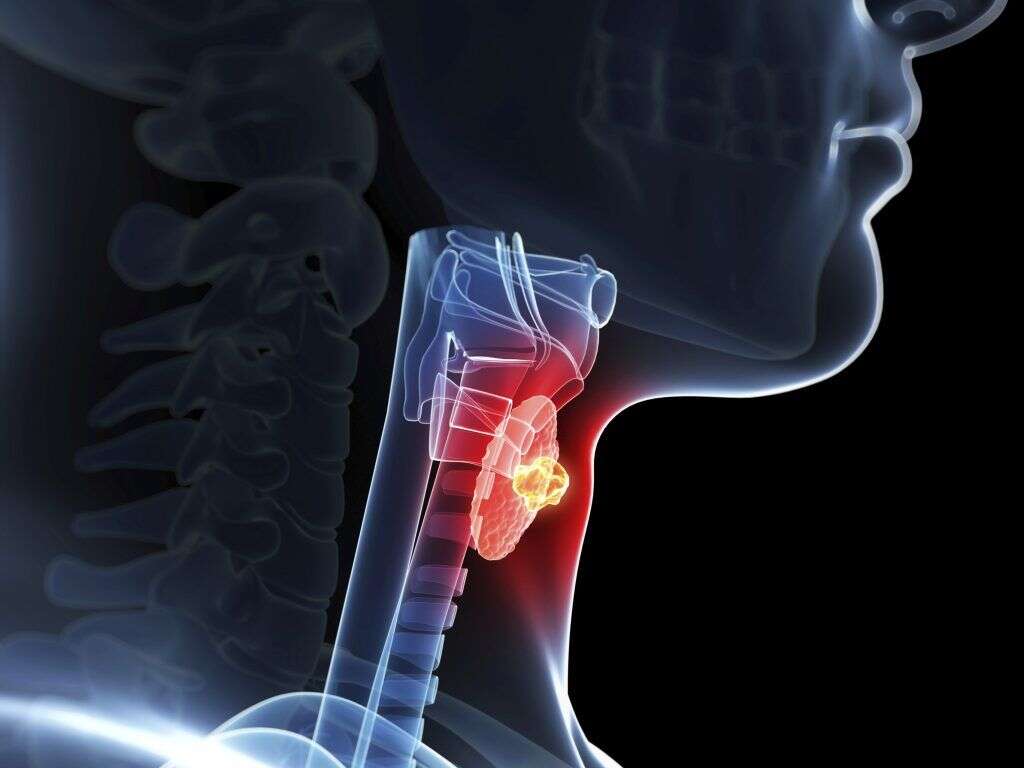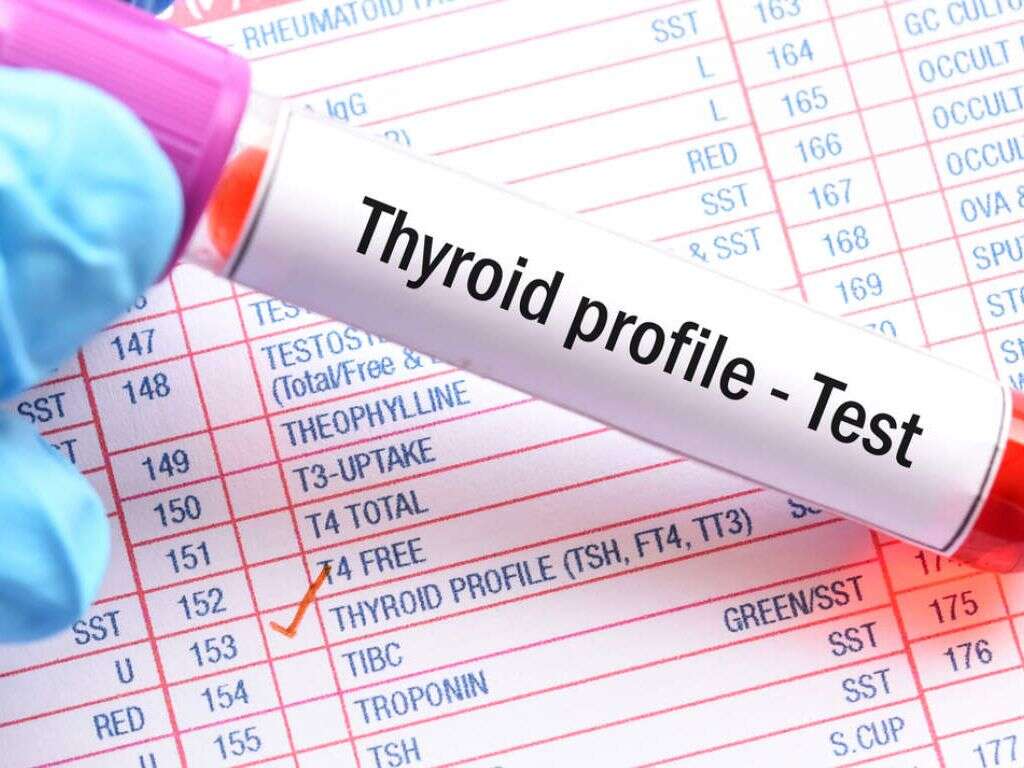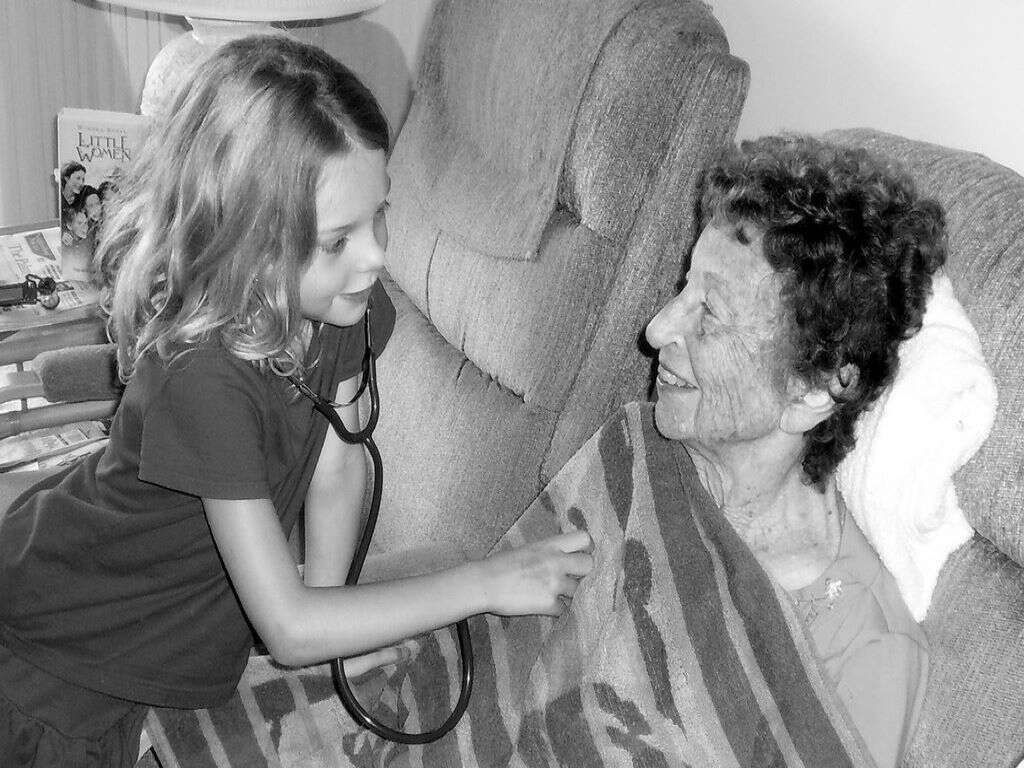10 Underactive Thyroid Symptoms
The thyroid gland is a gland that is located in the neck area. It is mainly responsible for producing and secreting certain hormones, and these hormones are largely responsible for how energetic we are feeling, among other things.
If this gland is not producing hormones in usual quantities, for whatever reason, it can have a profound impact on us. An underactive thyroid is not necessarily dangerous, but it can have a considerable impact on the patient’s life.
Treatment often consists of taking Levothyroxine, which helps to make up for the lost natural hormone. However, it can take a while for doctors to determine the correct dose for your condition. This article looks at 10 underactive thyroid symptoms.

Symptom #1: Feeling Cold
One of the by-products of burning up calories in our body is heat. This process helps us to keep our bodies warm, even in cold weather. The more calories you burn, the hotter you get, which is why you will soon warm up when going for a run on a cold day. It also follows that your body will generate less heat when fewer calories are burned.
An underactive thyroid will slow down our metabolism, and that will decrease the number of calories that are burned. As such, one symptom of an underactive thyroid is that the body will become cooler than usual.

Symptom #2: Dry, Itchy Skin
Our skin cells have a limited life span and when they do die off, they are replaced with a new layer. This helps to keep the upper layer of skin soft, supple, and smooth. This process is encouraged in part thanks to hormones from the thyroid gland. In cases of an underactive thyroid, the skin’s cells are not going to be replaced as quickly as usual.
With the skin’s cells not being replaced as quickly as usual, the patient is left with skin cells that have become dry and scaly. This obviously causes the skin itself to become dry and it is also likely to become itchy. This can also be caused by myxedema, which is an autoimmune disease that can affect the skin and also cause an underactive thyroid.

Symptom #3: Fatigue
One of the thyroid gland’s main functions is to create hormones that tell the metabolism to get to work. The metabolism is the process of turning our food into energy, so the higher the metabolism, the more energetic we are. It also follows that somebody with a slower metabolism will be feeling less energetic.
The latter is what happens in cases of an underactive thyroid. That patient will feel as though they have no energy, regardless of how much food and rest they might have had. There are numerous reasons why you might be feeling fatigued for no apparent reason, and it is something that you should get checked out.

Symptom #4: Constipation
The rate at which food is passed through the digestive system is also stimulated by hormones, including the thyroid hormone. It is important that these hormones are in the right balance to help ensure our digestive systems work as well as they should. An imbalance can lead to some very uncomfortable conditions.
In patients with an underactive thyroid, food will pass through slower and the result can be constipation. This leads to harder, dryer stools and these can be very difficult to pass. While constipation will usually pass in time, it can lead to potentially severe problems if it goes for too long.

Symptom #5: Weight Gain
As already mentioned, the thyroid gland has an impact on how many calories we are burning off. Burning these calories gives us the energy we need to move around, and any energy that we don’t use gets converted into fat. This fat is then stored in the body where it can be used at a later point if needed.
With an underactive thyroid, fewer calories are being burned, meaning that more gets stored as fat. This can cause the patient to put on weight and this in itself causes its own problems. Weight gain could also be down to changes in lifestyle habits, but check with a doctor if you think something is not right.

Symptom #6: Hair Loss
Most people will keep the hair on their head for long into their old age, although some men can begin losing their hair in middle age. It is something that can be quite upsetting and affected person’s can be quite self-conscious about it. Unfortunately, it can be caused by certain medical conditions, including an underactive thyroid.
With an underactive thyroid, the hair follicles are not being stimulated into regeneration. This will stop the hair from growing and can even cause it to fall out. Fortunately, however, the hair should grow back again once the underlying cause has been treated.

Symptom #7: Weakness
With an underactive thyroid gland, metabolism is generally very slow, and this can cause the body to switch to an alternative energy source. One of these alternatives is catabolism. Catabolism is a process where the body begins to break down muscle and other tissues for the energy that it needs.
With the muscles gradually being broken down for energy, they gradually become weaker. Not only can this lead to a loss in energy, but it can also cause the muscles to ache and it can become quite painful. The lost muscle can be regained when the underlying condition is successfully treated.

Symptom #8: Irregular Menstruation
The thyroid gland also has an impact on women’s reproduction. The hormone it produces can affect other hormones that help to control the menstrual cycle. As such, women with an underactive thyroid can find that their menstrual cycles become irregular. This occurs in around 40% of women that have an underactive thyroid gland.
Women with the condition will sometimes find that they are bleeding more heavily than they usually would. They can also find that their periods don’t arrive when they usually would. If this is happening to you and you don’t know why, arrange an appointment to speak with your doctor or a gynecologist.

Symptom #9: Foggy Mind
After waking, our minds are usually clear after a drink of tea or coffee, invigorated and ready for the day ahead. This is a good thing because most of us have quite a lot to do during the day, whether it is going to work, chores, or meeting up with friends.
Patients that have an underactive thyroid, however, can find that their minds become foggy. They find it difficult to focus on anything, and everything can just become a bit of a blur. It doesn’t happen in all people with the condition but, when it does, it can make it hard for the patient to perform even simple tasks.

Symptom #10: Depression
There is a lot that we still need to learn about depression, but we do know that it is often down to an imbalance in our hormones. This can be caused by various conditions, one of which is an underactive thyroid. Many people with the condition will feel down and depressed.
When the condition is successfully treated, the depression should hopefully clear up. Even if it is only a temporary condition, it is still to be taken very seriously. Depression is one of the biggest killers of otherwise healthy people and anybody suffering from it should speak with a professional as soon as possible.












